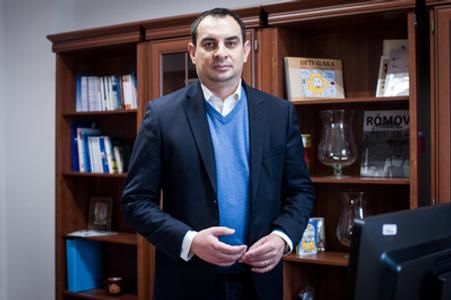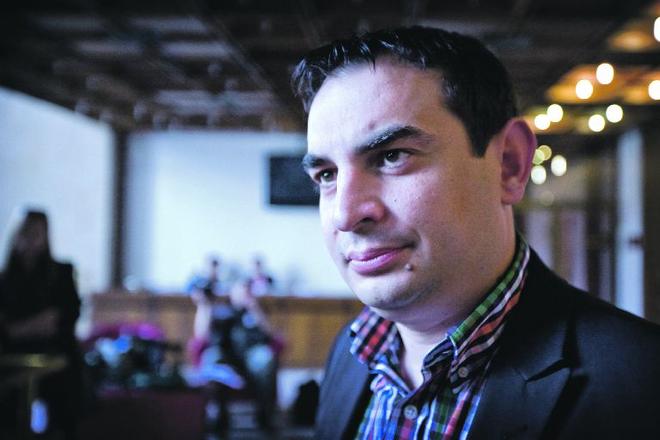Pollák was recalled by the cabinet on April 6, Interior Minister Robert Kaliňák told journalists. Pollák, himself a Roma, announced earlier this week that he wanted to resign from April 30 due to what he described as lack of support from the previous government and lack of communication by the new governing coalition (Smer, Slovak National Party-SNS, Most-Híd and Sieť/Network).
The Young Roma Association and the committee for preserving the Office of Government Proxy for Roma Communities on April 4 expressed their displeasure that ethnic Hungarian politicians should decide on the fate of the second largest minority in the country (after Hungarians themselves). The Party of the Roma Union in Slovakia (SRÚS) on April 6 expressed its discontent with the appointment of Ravasz. SRÚS also called on Smer to engage Smer’s own Roma representative, Alexander Daško, in the office’s structures. Daško also ran on its slate in the March 5 general election – in 147th place.
“Nobody knows this gentleman [Ravasz] ... we don’t know of his work with the Roma, either,” SRÚS chairman František Tanko said, as quoted by the TASR newswire. “Former proxy Pollák was at least a Roma. Not everything was as it should have been, but he was a Roma. I’m disappointed that a Most-Híd nominee will take on the post of proxy.

Pollák’s dismissal as well as Ravasz’ appointment from April 7 were announced by Kaliňák after the government session earlier on April 6. “[Ravasz] is a young man who’s devoted practically his entire professional career to these activities,” said the minister. “There are many projects that need to be concluded. I believe that he’ll have the necessary drive and that many issues will move forward rapidly.”
Ravasz himself deemed the current situation at the office for Roma communities troublesome, as the outgoing proxy had lost the trust of government, as well as his own ministry, and there are bigger flaws also in the concept and implementation of huge European projects. „These are crucial resources, though, which will have to be used as effectively as possible in the next period,” Ravasz said, as quoted by the SITA newswire. “Therefore, my very first task will be to re-build the trust between the ministry, the office and the community,” he said, confirming that the office would remain in the current position and shape, with the same powers, and supervised by the Interior Ministry. He stated that he would like to make the post apolitical and impersonal, ruled by professional expertise rather than by political calculation.


